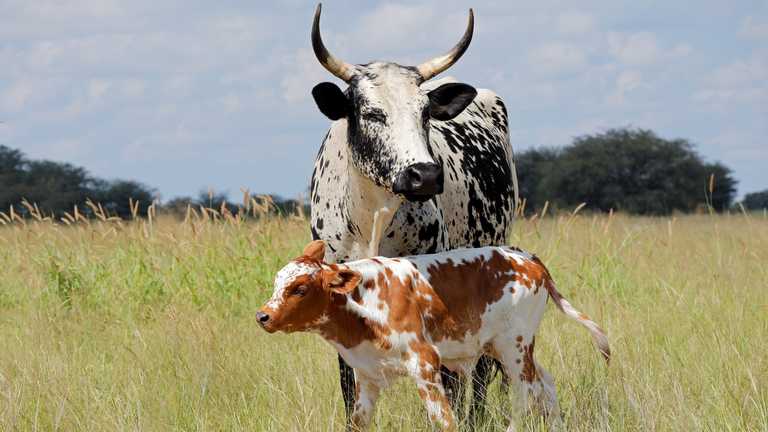

Loading search...
Loading search...
Loading site search...
Loading site search...
Loading site search...
Loading...
Loading site search...
Loading site search...
Posted Today
“There’s a perception that regenerative agriculture or nature friendly farming is going backwards, rediscovering past ways of farming. In actual fact, there’s a lot of exciting new technology and developments involved. The movement is very much forward looking.”

A new report by the British Ecological Society has underlined the role scientists and ecologists should play alongside farmers in developing regenerative farming.
The suggests there is strong evidence for the benefits of regenerative practices - and with almost three quarters of the United Kingdom’s land being used for agriculture, the Society is calling on farmers to consider adopting such techniques to deliver for both food and nature.
More than 40 academics, practitioners and farmers across the UK worked to assess the evidence around regenerative agriculture approaches – and how they can achieve positive outcomes like improving soil health, increasing biodiversity and minimising environmental damage.
Nicola Randall, Professor of Evidence-Based Agriculture and Agroecology at 91Pro and one of the report’s lead authors, believes that new developments in the field mean that – despite perceptions – the latest regenerative farming is forward-looking and at the cutting edge of science and technology.
She is backing calls for scientists, farmers, and policy makers to all work together to ensure that the UK produces food in a way which works with nature.
The Regenerative Agriculture report finds strong evidence that soil health and biodiversity can improve under regenerative agricultural practices. These can include minimising soil disturbance, minimising bare soil, increasing on-farm diversity, integrating livestock, and favouring nature-based methods over synthetic inputs.
Among the strongest evidence of benefits the report finds the comes from minimising bare soil.
Keeping roots in the ground year-round, through practices like cover crops can increase soil organic matter, improve soil structure, improve nutrient availability and increase biodiversity.
The report also finds good evidence that integrating livestock into arable land benefits weed, disease and pest suppression.
However, its authors are keen to stress that no one principle will work in isolation – but that this shouldn’t discourage farmers from taking up some regenerative agriculture principles as starting points on their farms.
To make the transition to a more sustainable farming future an effective one, they recommend knowledge sharing should be strengthened between farmers, ecologists and policy makers - and urge the embracing of both new technologies and experimentation.
Professor Randall said: “Science and ecologists have a big part to play in regenerative agriculture along with farmers.
“There’s a perception that regenerative agriculture or nature friendly farming is going backwards, rediscovering past ways of farming.
“In actual fact, there’s a lot of exciting new technology and developments involved. The movement is very much forward looking.”










We use cookies to ensure that we give you the best experience on our website. If you continue without changing your settings, we'll assume that you are happy to receive all cookies on the website. However, you can change your cookie settings at any time.